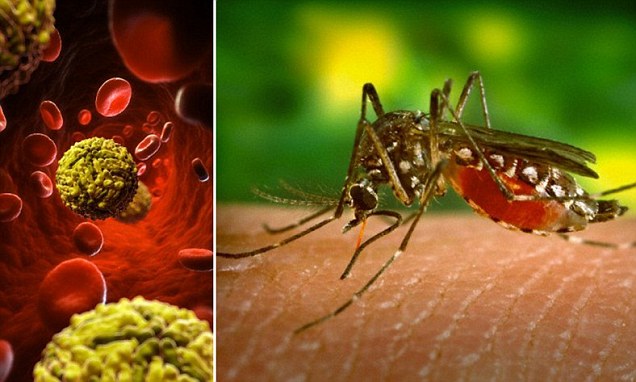- 16-Apr-25
Dengue fever is a viral infection caused by the dengue virus, which is transmitted to humans through the bite of an infected Aedes mosquito, primarily Aedes aegypti. It is common in tropical and subtropical regions, including many parts of Pakistan such as Lahore. Symptoms of dengue fever usually begin four to ten days after the bite and include high fever, severe headache, pain behind the eyes, joint and muscle pain, nausea, vomiting, skin rash, and mild bleeding such as nose or gum bleeding. In extreme situations, dengue can progress to potentially fatal dengue hemorrhagic fever or dengue shock syndrome. Dengue does not have a specific antiviral treatment, therefore symptom relief, staying hydrated, and keeping an eye out for complications are the key goals of management. Preventive measures such as eliminating standing water, using mosquito repellents, and wearing protective clothing are crucial in controlling the spread of the disease. Public awareness and early diagnosis play a key role in reducing the impact of dengue outbreaks.
How To Spot Dengue Fever in its Early Stages:
Spotting dengue fever in its early stages is crucial for prompt treatment and preventing complications. Here are the key signs to look out for:
- High Fever: The onset of dengue is usually marked by a sudden high fever, often reaching up to 104°F (40°C). The fever typically lasts 2-7 days.
- Severe Headache: A significant headache, particularly behind the eyes, is a common early symptom.
- Pain Behind the Eyes: Pain or pressure behind the eyes is one of the distinctive symptoms of dengue.
- Joint and Muscle Pain: Dengue fever is sometimes called "breakbone fever" due to the intense muscle and joint pain that many sufferers experience.
- Nausea and Vomiting: Many individuals with dengue experience nausea, vomiting, and loss of appetite early in the illness.
- Rash: A rash may develop a few days after the fever starts, usually on the face or torso, and can spread to other parts of the body.
- Fatigue and Weakness: Fatigue, weakness, and body aches are common in the early stages of dengue and can persist after the fever subsides.
- Mild Bleeding: Some individuals may notice mild bleeding, such as nosebleeds, gum bleeding, or easy bruising.
If you or someone you know shows these symptoms, it’s important to seek medical attention right away for proper diagnosis and care. Early detection and management can significantly reduce the risk of developing severe dengue, including dengue hemorrhagic fever or dengue shock syndrome.
Integrated Medical Care Hospital ( IMC Hospital):
If you experience symptoms of the Dengue virus, you should see your doctor or consult the physicians at Integrated Medical Care Hospital (IMC Hospital). IMC Hospital is a reputable institution and often termed as one of the best hospitals in Pakistan. At IMC Hospital A pool of qualified, senior and certified doctors, having extensive clinical and professional experience, serving at the most renowned and respectable medical institutions across the world are now available under one roof.

 Map
Map










